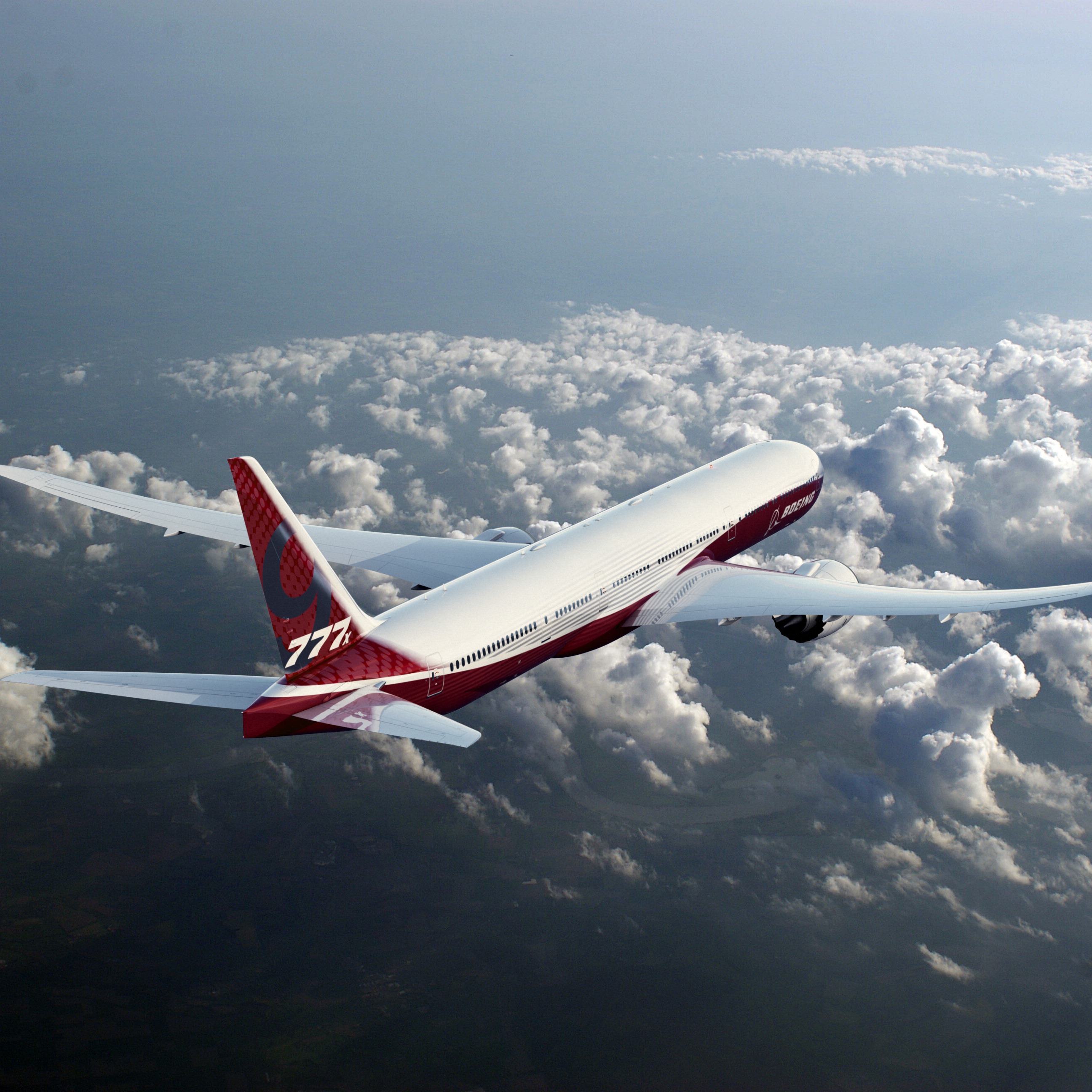

As new orders for commercial jets have slowed down in the past year and look to be slower still this year, the two largest manufacturers of passenger jets have been forced to compete on pricing in order to win new business. One effect of that competition has been a squeeze on supplier pricing, and now that squeeze is getting even a little tighter.
The Wall Street Journal reported Monday that Boeing Co. (NYSE: BA) is trying to shoulder its way into the spare parts business that has traditionally been left to suppliers like Spirit AeroSystems and TransDigm, among many others. About 65% of the cost of building a new plane is paid out to suppliers. That can’t be helped, but Boeing now wants a piece of the very lucrative spare parts business.
How lucrative? Jet engine maker Rolls-Royce may be the gold standard in after-market parts and maintenance. The company’s civil aerospace division earned 53% of its 2015 revenues from services. The company long ago initiated a so-called power-by-the-hour maintenance contract for airlines that used RR engines on their Boeing or Airbus airframes. Essentially the contracts set a fixed sum per flying hour to pay for engine repair and parts replacement. The airlines would rather perform their own maintenance and purchase their own parts, but have virtually no choice but to sign.
As the Wall Street Journal pointed out, in 2012 Boeing started charging its suppliers a royalty when suppliers sold replacement parts or upgrades to airlines, claiming the suppliers’ parts were created using Boeing’s intellectual property. The suppliers basically had to pay up, but that does not mean that the airlines are happy.
Thank you for reading! Have some feedback for us?
Contact the 24/7 Wall St. editorial team.
 24/7 Wall St.
24/7 Wall St.